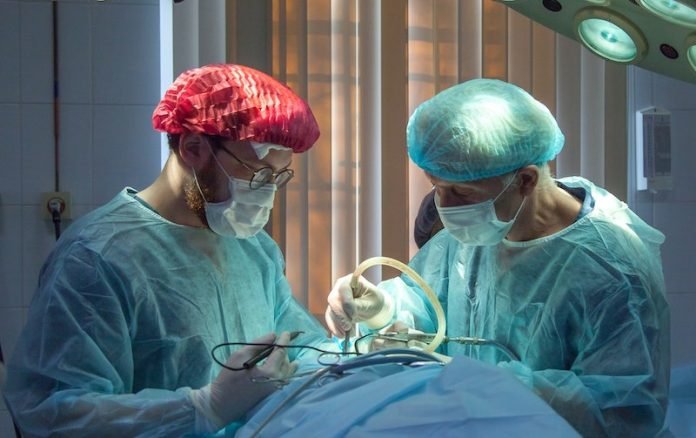
Scientists from NYU Grossman School of Medicine found abnormal crosstalk between blood platelets and cells lining blood vessels is one cause of deadly organ damage in patients with severe COVID-19.
They found the protein signals given off by platelets, cell fragments that contribute to blood clotting, create inflammation, abnormal clotting, and damage to vessels when exposed to the pandemic virus.
The research is published in Science Advances and was conducted by Tessa Barrett et al.
In the study, the team identified two related genes, S1000A8 and S1000A9, which are turned up in the platelets of COVID-19 patients, causing them to make more myeloid-related proteins (MRP) 8 and 14.
Higher levels of the two proteins, known to operate as a pair and be present in large amounts in immune cells, were linked to higher levels of clotting and inflammation in vessels, greater disease severity, and longer hospital stays.
The team also showed evidence that approved medications are known to block platelet activation via the platelet surface protein P2Y12 (clopidogrel or ticagrelor) reducing COVID-19-related inflammation in vessels.
This supports the theory that platelets are at the core of blood vessel damage in COVID-19.
The team also found that COVID-19-exposed platelets change cells lining blood vessels (endothelial cells) largely through a protein called p-selectin, which makes platelets stickier and more likely to form clots.
The study shows a new role for platelets in COVID-19 blood vessel damage and may explain in large part what makes the COVID-19 virus so much more deadly than its relatives that cause the common cold.
If you care about COVID, please read studies about the cause of blood clots in severe COVID-19, and a strong link between COVID and stroke.
For more information about COVID, please see recent studies about a new inhaled COVID-19 vaccine, and results showing vegetables and coffee may protect against COVID-19.
Copyright © 2022 Knowridge Science Report. All rights reserved.



